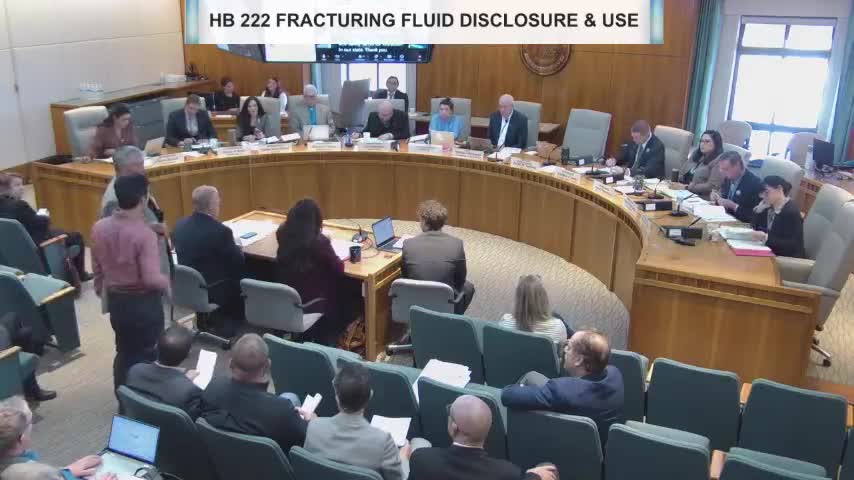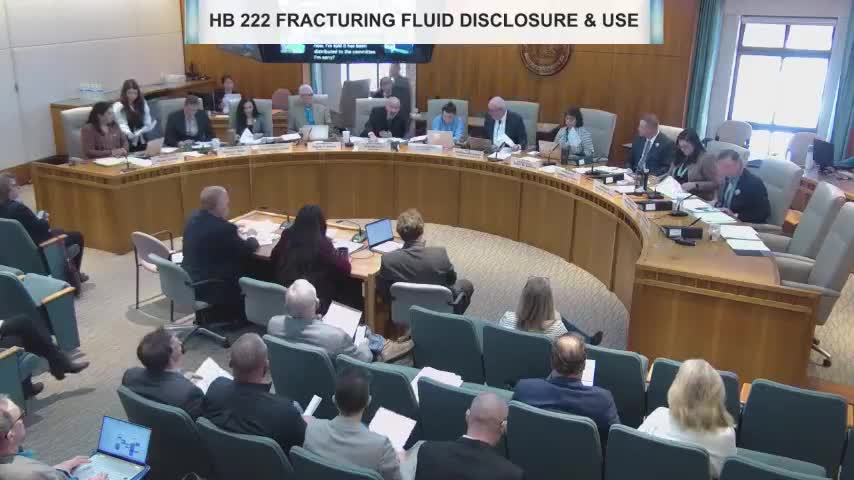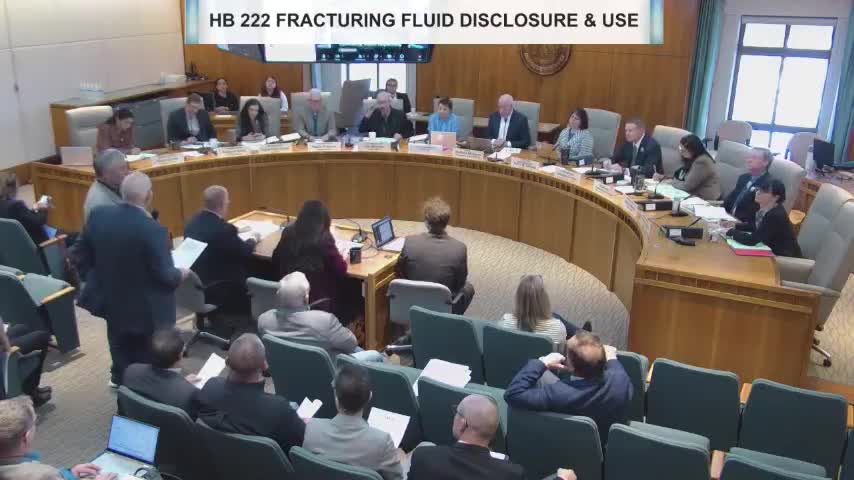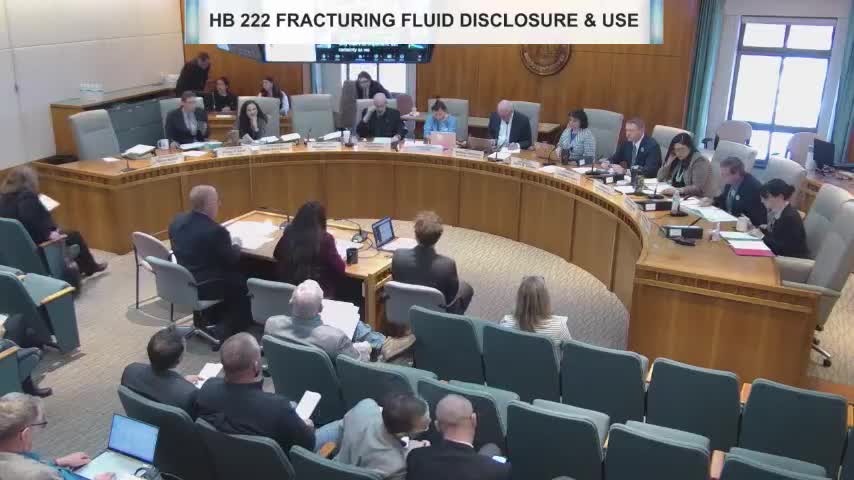Article not found
This article is no longer available. But don't worry—we've gathered other articles that discuss the same topic.

Committee advances bill clarifying property‑tax treatment of RETA‑owned transmission improvements

Committee tables repeal of clean‑fuel standard after divided testimony

Committee OKs bill to broaden recycling fund and add circular‑economy staff positions

